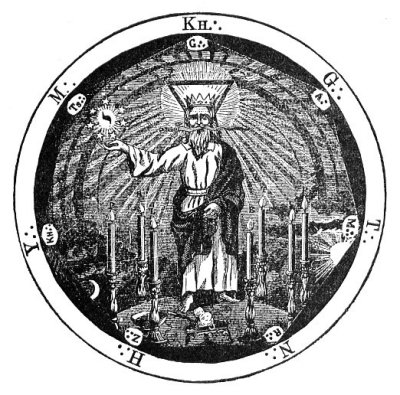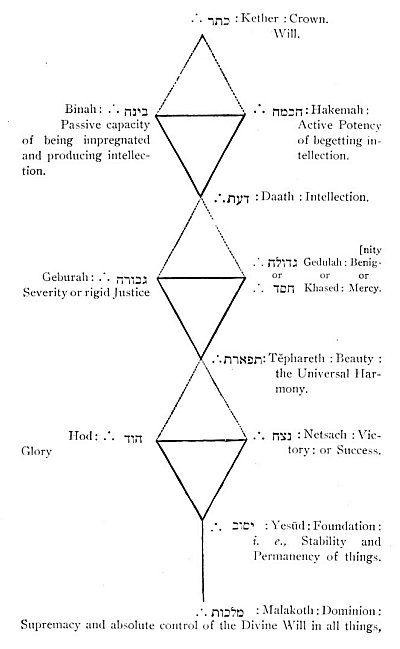p. 261
the publicans, justice, equity, and fair dealing; the soldiery, peace, truth, and contentment; to do violence to none, accuse none falsely, and be content with their pay. He inculcated the necessity of a virtuous life, and the folly of trusting to their descent from Abraham.
He denounced both Pharisees and Sadducees as a generation of vipers, threatened with the anger of God. He baptized those who confessed their sins. He preached in the desert; and therefore in the country where the Essenes lived, professing the same doctrines. He was imprisoned before Christ began to preach. Matthew mentions him without preface or explanation; as if, apparently, his history was too well known to need any. “In those days,” he says, “came John the Baptist, preaching in the wilderness of Judea.” His disciples frequently fasted; for we find them with the Pharisees coming to Jesus to inquire why His Disciples did not fast as often as they; and He did not denounce them, as His habit was to denounce the Pharisees; but answered them kindly and gently.
From his prison, John sent two of his disciples to inquire of Christ: “Art thou he that is to come, or do we look for another?” Christ referred them to his miracles as an answer; and declared to the people that John was a prophet, and more than a prophet, and that no greater man had ever been born; but that the humblest Christian was his superior. He declared him to be Elias, who was to come.
John had denounced to Herod his marriage with his brother’s wife as unlawful; and for this he was imprisoned, and finally executed to gratify her. His disciples buried him; and Herod and others thought he had risen from the dead and appeared again in the person of Christ. The people all regarded John as a prophet; and Christ silenced the Priests and Elders by asking them whether he was inspired. They feared to excite the anger of the people by saying that he was not. Christ declared that he came “in the way of righteousness”; and that the lower classes believed him, though the Priests and Pharisees did not.
Thus John, who was often consulted by Herod, and to whom that monarch showed great deference, and was often governed by his advice; whose doctrine prevailed very extensively among the people and the publicans, taught some creed older than Christianity. That is plain: and it is equally plain, that the very large
p. 262
body of the Jews that adopted his doctrines, were neither Pharisees nor Sadducees, but the humble, common people. They must, therefore, have been Essenes. It is plain, too, that Christ applied for baptism as a sacred rite, well known and long practiced. It was becoming to him, he said, to fulfill all righteousness.
In the 18th chapter of the Acts of the Apostles we read thus: “And a certain Jew, named Apollos, born at Alexandria, an eloquent man, and mighty in the Scriptures, came to Ephesus. This man was instructed in the way of the Lord, and, being fervent in spirit, he spake and taught diligently the things of the Lord, knowing only the baptism of John; and he began to speak boldly in the synagogue; whom, when Aquilla and Priscilla had heard, they took him unto them, and expounded unto him the way of God more perfectly.”
Translating this from the symbolic and figurative language into the true ordinary sense of the Greek text, it reads thus: “And a certain Jew, named Apollos, an Alexandrian by birth, an eloquent man, and of extensive learning, came to Ephesus. He had learned in the mysteries the true doctrine in regard to God; and, being a zealous enthusiast, he spoke and taught diligently the truths in regard to the Deity, having received no other baptism than that of John.” He knew nothing in regard to Christianity; for he had resided in Alexandria, and had just then come to Ephesus; being, probably, a disciple of Philo, and a Therapeut.
“That, in all times,” says St. Augustine, “is the Christian religion, which to know and follow is the most sure and certain health, called according to that name, but not according to the thing itself, of which it is the name; for the thing itself, which is now called the Christian religion, really was known to the Ancients, nor was wanting at any time from the beginning of the human race, until the time when Christ came in the flesh; from whence the true religion, which had previously existed, began to be called Christian; and this in our days is the Christian religion, not as having been wanting in former times, but as having, in later times, received this name.” The disciples were first called “Christians,” at Antioch, when Barnabas and Paul began to preach there.

Moe is the founder of GnosticWarrior.com. He is a father, husband, author, martial arts black belt, and an expert in Gnosticism, the occult, and esotericism.







